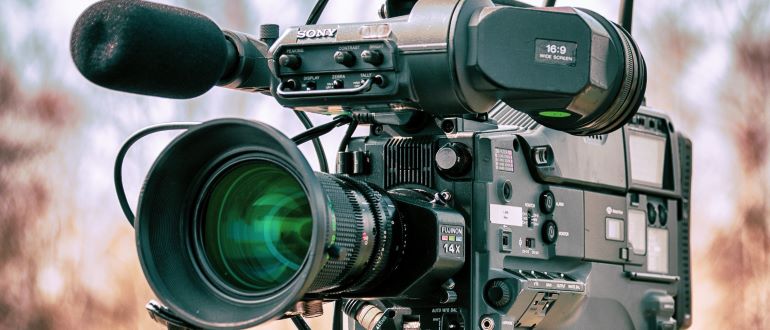
As the dual strike of actors and writers against Hollywood studios continues over issues ranging from pay to AI use, it’s likely that no matter the outcome, AI will have a starring role across the screen world in the years to come, according to Iterate.ai, a Colorado-based developer of low-code, drag-and-drop AI applications.
AI is at the heart of the Hollywood strike, as both actors and writers believe the technology will either replace them outright or considerably reduce their numbers. There are also ethical issues, although some of that concern may be somewhat abated by a recent court ruling that AI created content can’t be copyrighted, since there is no human involved – a decision that may serve to discourage its creation if AI’s money-making ability can’t be protected. The Hollywood Reporter suggests a collaborative compromise may develop in which a human writer’s “touch” on a script may be minimal to allow copyright protection of AI-generated material. Film studios like Disney, Netflix, Sony and NBC Universal are actively seeking dozens of AI software gurus with six-figure offers.
Brian Sathianathan, co-founder and CTO of Iterate.ai explains, however, that AI is likely to be used in many other aspects of film and television production. Key among them is post-production editing and special effects. Iterate.ai develops private language AI models that are trained within an organization’s own systems, rather than external clouds or platforms, using intuitive low-code interfaces that make AI applications easier and less expensive to develop and apply. AI applications, for example, might be able to identify and remove unwanted objects or people from scenes, automate the process of tagging and organizing large amounts of film footage, and even automatically make edits or suggestions—all by using simple prompts. “Supercharging storytelling” means striking the right balance between AIs and humans.
“AI can enhance scenes by creating environments, animating characters and adding effects,” says Sathianathan. “Automated editing saves time by selecting shots, trimming footage and creating rough cuts. This questions human editors’ roles. Who defines a ‘good’ edit? AI-driven decisions might carry bias if not trained on diverse data. AI won’t replace human editors soon. It’ll augment their skills, letting them focus on creative choices. Setting automated editing parameters involves human/AI collaboration, and training AI to meet filmmakers’ standards. While AI boosts post-production, we need caution. Balancing human creativity and AI’s efficiency is key. This ensures storytelling connects with audiences while harnessing AI’s potential.”
Another key area is sound design. AI may spell the demise of the mysterious foley artist who adds everyday sound effects to films and videos, a task that can now be done by an AI. The technology can enhance dialogue and adjust levels and other audio elements.
While film fans know sequels are rarely better than the original, AI is likely to spin up sequels on speed as generative AI becomes a research tool. “Hollywood has a history of analyzing past successful content for inspiration,” says Sathianathan. “Generative AI takes this to a new level by enhancing several crucial elements. For example, while human analysis might be limited to what’s immediately visible, AI can delve deep into intricate connections between successful elements. It identifies nuanced patterns that might not be apparent on the surface, adding in the creation of content that resonates more effectively. Generative AI doesn’t just identify trends. It synthesizes creative elements from different creative works, suggesting novel combinations that might not have been explored before. This can lead to fresh and engaging storylines that maintain an essence of familiarity while introducing new twists.”
Generative AI allows studios to make quicker decisions, explains Sathianathan. “Generative AI doesn’t just improve one specific element; it transforms the entire content creation process. It also helps with rapid insights, enhances creative synthesis and minimizes risk, making it a powerful tool in crafting successful content that balances familiarity and innovation.”
A similar type of AI analysis can be aimed at home viewers when it comes to film recommendations via streaming services like Netflix. “It doesn’t just look at what you watched; it understand why you liked it,” says Sathianathan. “The idea is to give you more of what you enjoy,”
This also may be a recipe for boring. Acclaimed, highly original films like this year’s Oppenheimer might struggle to see the light of day in an AI universe. Sathianathan acknowledges that “while AI struggles with originality, unique films like Oppenheimer could still be made with AI helping in the background.” In the never-ending tension between art and commercial success, AI tips the scale towards the latter.


